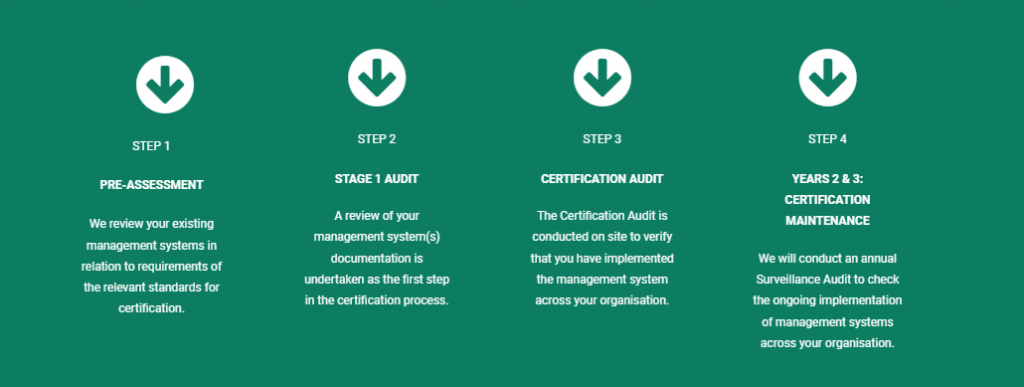A Closer Look at the New Changes to HACCP in the Food Industry
The HACCP system, known as Hazard Analysis and Critical Control Points, is a globally recognized food safety management system that ensures the manufacturing of safe food products. It helps food businesses to identify and manage any potential hazards in their production processes. There has been a recent update to this system, which is introducing several changes to the food industry. These changes consist of the following:
Flexibility in Hazard Analysis: Prior to the update, businesses were required to undertake an analysis of all potential hazards in their production process. However, the new changes to HACCP provides businesses with far more flexibility in identifying hazards that are most relevant to their production process.
Preventive Controls: The new update to HACCP mandates businesses to include preventive controls in their manufacturing process. Preventive controls are proactive measures that help prevent potential hazards from occurring in the first place. These preventative controls could include things such as (Training, Food allergen controls, process controls etc).

Validation Requirements: The updated HACCP system now requires businesses to establish validation requirements for their preventive controls. Once preventive controls are put in place, businesses must continually monitor the effectiveness. Additionally businesses must establish clear protocols for resolving any issues that arise during the validation process.
Risk-based Decision Making: The new changes to HACCP recognize that not all hazards are created equal and that businesses must make risk-based decisions when it comes to addressing hazards.

Digital Record keeping: A significant change to HACCP is the new requirement for digital record keeping. This is beneficial in enabling a more efficient, paperless system for recording important data and making it easier to track the manufacturing process. Modern digital record keeping tools have the ability to store and analyze data, making it easier to identify trends and areas for improvement in the production process.
The new changes to HACCP places a greater emphasis on preventive controls and risk-based decision making. Businesses must now be proactive in the way they manage hazards and establish validation protocols for their preventive controls. They will also benefit from adopting digital record keeping tools to help them manage and monitor their production process. The updating of HACCP will improve the safety and quality of food products, ensure regulatory compliance, and help businesses in the food sector manage their operations more efficiently.
Steps to Achieve HACCP Certification

The key benefits of HACCP Certification includes the following:
-Risk Reduction: Through creating a systematic approach it significantly reduces food recalls and also reduces your cost of production
-Waste Minimisation
To find out more about HACCP Certification, Please Contact Us today
